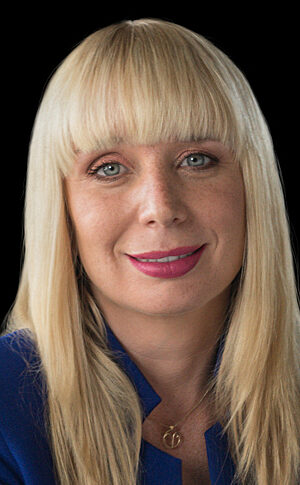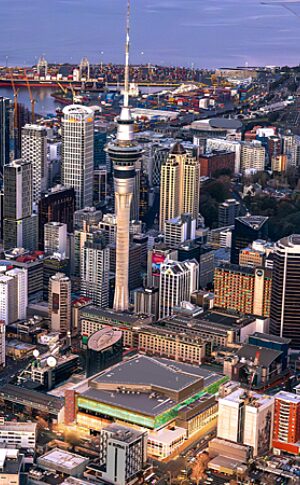Distinguished Professor Emeritus Paul Spoonley is one of New Zealand’s foremost social scientists, renowned for his research on social and demographic change. With a career spanning decades, he has made significant contributions to understanding immigration, diversity, and the shifting nature of work and political ideologies in Aotearoa.
Paul’s academic journey includes degrees from Victoria University of Wellington, the University of Otago, the University of Auckland, Bristol University, and Massey University. His long-standing association with Massey University saw him serve as Pro Vice-Chancellor of the College of Humanities and Social Sciences until 2019. Over the years, he has led pioneering research on demographic transformations and societal shifts, shaping national conversations on these critical issues.
A widely published author and editor, Paul has contributed to 29 books, including The New New Zealand: Facing Demographic Disruption (2021), Welcome to Our World: Immigration and the Reshaping of New Zealand (2012), and Histories of Hate: The Radical Right in Aotearoa New Zealand (2023). His work has provided deep insights into the evolving fabric of New Zealand society and the broader global forces influencing it.
His expertise has been recognised with numerous accolades. He was made a Fellow of the Royal Society of New Zealand in 2011, appointed a Distinguished Professor by Massey University in 2013, and was a Senior Fulbright Fellow at the University of California, Berkeley, in 2010. He has also been a Visiting Research Fellow at the Max Planck Institute for the Study of Religious and Ethnic Diversity in Germany since 2013 and was awarded the Royal Society’s Science and Technology Medal for his contribution to cross-cultural understanding.
Beyond academia, Paul has played a vital role in shaping policy and research initiatives. He served as Co-Director of He Whenua Taurikura: The National Centre for Countering Violent Extremism from 2022 to 2023 and has advised the New Zealand Police Commissioner on research and policy from 2021 to 2025. He is also a Board Member of Auckland Museum and Chair of the Marsden Fund, which supports innovative research across the country.
Away from his research and advisory roles, Paul enjoys kayaking and biking, passionately follows Liverpool FC, and finds relaxation on his orchard in Hawke’s Bay.
Talking Points
Changing Demography
New Zealand's demography is changing dramatically and this topic explores what the "new" New Zealand looks like
Changing Demography
Superdiversity
The ethnic composition of New Zealand is changing as the Māori population grows - rapidly - while immigration means much larger immigrant and minority ethnic communities.
Superdiversity
Social Cohesion
Paul was one of the authors of the Cabinet paper on what social cohesion in 2006 - and has updated this work on trust and respect amongst NZ communities.
Social Cohesion
Changing Families
This topic concerns the changing nature of households and families
Changing Families
Paul was an excellent presenter. He is able to draw upon a wealth of knowledge and expertise. He speaks naturally on his feet and able to respond to any question that the audience posed to h ... keep reading Duncan Cotterill



